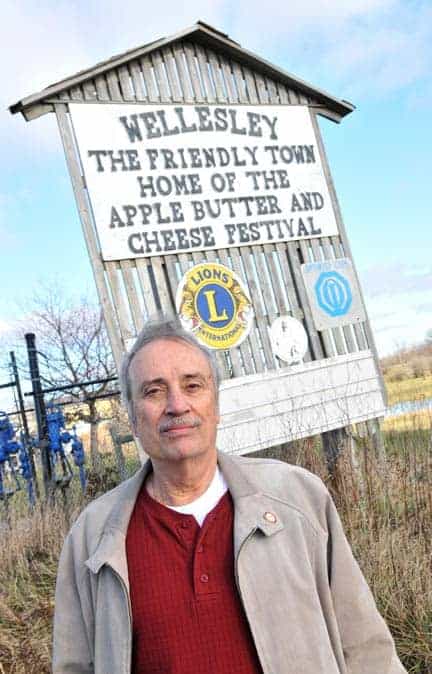;
;
;
Next Article
Local judo fighter headed to Lethbridge

Sometime in the 1980s, the three Rs taught in schools changed from “reading, ‘riting and ‘rithmatic” to “reduce, reuse, recycle.” The environmentally conscious carefully sort their plastic, glass, cardboard and cans into blue bins and carry them to the curb every week. What happens next is sometimes
Last updated on May 04, 23
Posted on Jul 02, 10
3 min read
